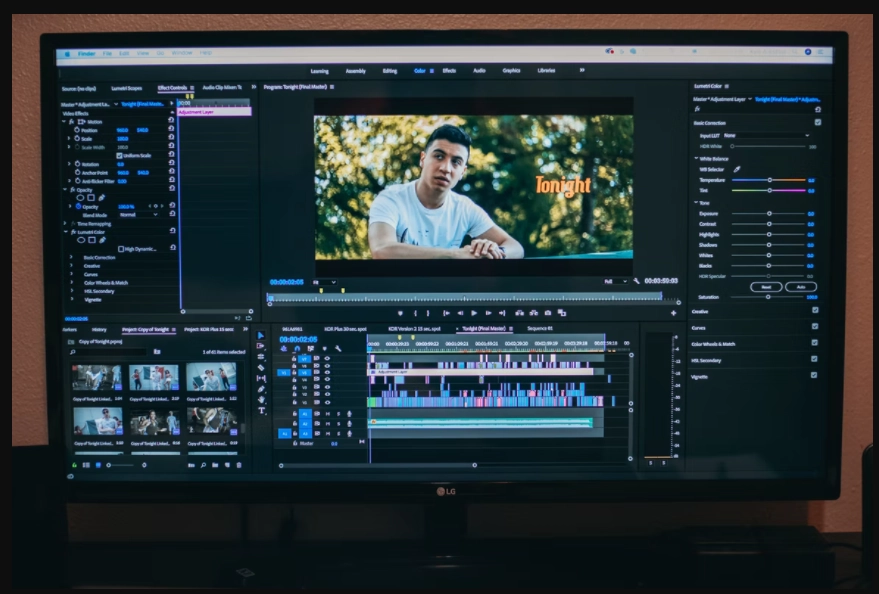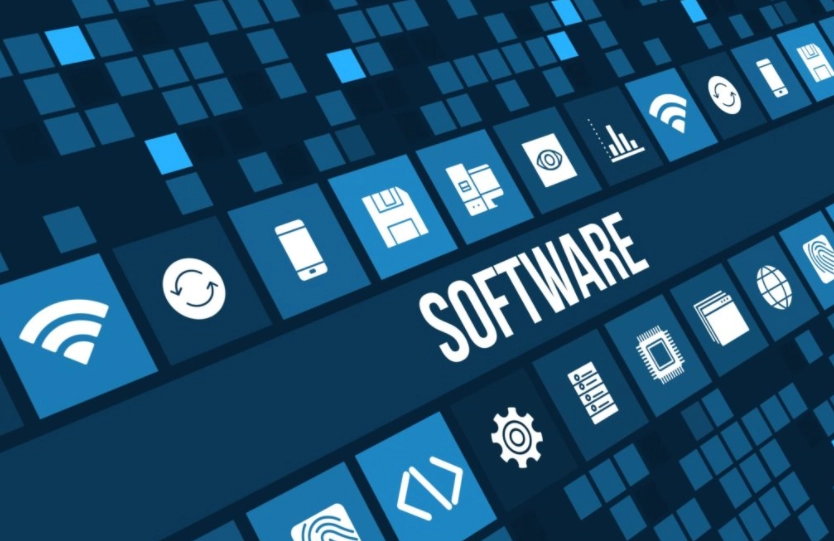For some time now, Nirsal Microfinance Bank (mfb) has been on the news, not for the wrong reasons but for being the vehicle that the Central Bank Of Nigeria and the Federal Government use to bring smiles to the good people of Nigeria.
NIRSAL is actually an acronym for Nigeria Incentive-Based Risk Sharing System for Agricultural Lending, a subsidiary of (NIRSAL Plc.) with the main goal of providing the sectors driving the economy including the agricultural sector the needed finance and support.
NIRSAL Microfinance Bank is a term that most people are now familiar with, it is one of the top microfinance banks licensed by the Apex Authority, Central Bank of Nigeria to carry out the business of banking. It was incorporated in 2019 and commenced operation this same year. The microfinance bank is owned by Nirsal 15%, Nipost 10%, and Bankers Committee owning the largest shareholding right of 75%.
One of the main objectives of the bank is to ensure that everyone irrespective of their level can access loans without the need to provide collateral. However, some loan products may request a guarantor.
Through the Nirsal Microfinance Bank (MFB) Loan, many dying businesses have resuscitated and new businesses emerged, which now give Nigerians the capability to tap opportunities no matter where they are.
NIRSAL MICROFINANCE BANK PRODUCTS
1. Nirsal AGSMEIS Loan
The Agri-Business/Small and Medium Enterprise Investment Scheme is a programme designed to support the efforts of the Federal Government for the promotion of small, medium enterprises (SMEs) and agribusiness in Nigeria. These sectors are the core sectors in Nigeria or any part of the world, any country that wants to develop will have to cooperate with them.
Small and medium enterprises are very important when it comes to providing job opportunities and improving the economy. As a bank that recognizes how important the sector is, a large amount of money has been available.
Each applicant can get up to ten million naira from the Agric, Small and medium enterprise scheme (AGSMEIS), the interest rate of the Nirsal AGSMEIS Loan is nine percent (9%) per annum and you do not need to provide collateral to access this loan product. Once you have gotten into the first phase, you should get the loan in 6 to 8 weeks.
Who Is Eligible For The Agsmeis Loan?
- Media & Publishing.
- Catering & Event Management.
- Telecommunication.
- Fashion and Beauty.
- Automobiles.
- Apparel & Textile.
- Agriculture & Allied Processing.
- Other businesses or sectors as determined by CBN
How Does Agsmeis Work?
To get an AGSMEIS loan, you will need to get trained in any CBN-certified Entrepreneurship Development Center (EDC) but first, visit nirsalmfb.caderp.com/Account/Register to apply and sign up with Nirsal.
The centre will assist and guide you in getting every document to obtain Nirsal AGSMEIS Loan.
The loan amount will be sent to the account of the beneficiaries. You will also receive the details of the loan. If you are not qualified for the loan, you will get feedback.
The Entrepreneurship Development Institute (EDI) will also provide Business Support Services to all beneficiaries of the loan.
Invest wisely and pay back your loan to Nirsal Microfinance Bank (MFB) as agreed.
2. Anchor Borrowers’ Program
Anchor Borrowers’ Program was founded by Muhammadu Buhari (GCFR) on November 17, 2015 to help ensure that foods are widely available in Nigeria. This initiative would provide cash to farmers that cultivate tree crops, cereals, tomatoes, livestock, legumes, cereals, roots, tubers, and any other farm produce that will be introduced by the CBN from time to time.
The loan is disbursed through Participating Financial Institutions (PFIs) such as Deposit Money Banks (DMBs), Development Finance Institutions (DFIs), and Microfinance Banks (MFBs).
For farmers to get a loan from Nirsal, they must be registered under a Cooperative and must also sign an undertaking to have a lien placed on their bank account. The lien is to ensure that farmers only use funds for the purposes for which it was borrowed. Once they have been able to do that, it will be removed.
The interest rate on ANCHOR BORROWERS’ PROGRAM (ABP) is normally 9% and are expected to repay during their gestation period. The loan requires no security or collateral but farmers are expected to complete documentation.
3. Nirsal Microfinance Bank Access Target Account (NAT)
If you have used savings apps like PiggyVest, you can also get related services via Nirsal Microfinance Bank Access Target Account (NAT). As an individual or Micro, Small, and Medium Enterprises (MSMEs), an account can be opened for you where you can put money for safekeeping and for a specific target such as starting a new business, improving business, rent shop, etc.
To ensure you are committed to this plan, a lien will be put on the account with limited withdrawals. Do note that actions carried out by the bank will depend on the account holder’s instructions.
The Nirsal Microfinance Bank Access Target Account (NAT) has an opening balance of one thousand naira and a minimum balance of five hundred naira only. This means among the things you will need to operate the account is N1000 and to continue using the account, a N500 will be in the account which cannot be withdrawn until the closure of the account.
4. Nirsal COVID-19 Targeted Credit Facility Household & MSMEs
The pandemic, Covid-19 (coronavirus) has halted several businesses in the country which has adversely affected many households. The CBN then introduced a package to help those that are affected by this disruption to trade.
The pandemic has led to various negative events such as the lockdown of businesses, massive cancellation of sales, restrictions of people and business, and many more. This outcome was the major reason why the FGN and CBN in conjunction with Nirsal Microfinance Bank (MFB) had to step forward.
The stimulus package is for individuals and businesses affected by the COVID-19 pandemic.
Who Can Apply For Nirsal Covid-19 Credit Facility?
- Households whose income can be verified and shown that it was affected by COVID-19.
- Micro enterprises can also apply but they will need to show evidence that proves that businesses are really hampered by the pandemic.
- Small and medium enterprises (SMEs) can also apply for the Nirsal COVID-19 Targeted Credit Facility
What Is The Maximum Loan Amount And Interest Rate?
Nirsal COVID-19 Targeted Credit Facility Households are for individuals and families. They would be able to access up to 3,000,000 naira only (N3m) as a maximum loan.
Meanwhile, the loan amount that small and medium enterprises (SMEs) will be able to get will depend on their cash flow, activities, and size but not more than N25 million.
The interest rate for CBN Nirsal Covid 19 loan is 5% per annum up to 28th February 2021 and thereafter, the interest on the credit facility will then be 9% annually from 1st March 2021.
How To Apply For A Nirsal Covid-19 Credit Facility?
To obtain Nirsal Microfinance Bank (MFB) loan, otherwise known as covid 19 credit facility, apply online through this website, nmfbng-website.azurewebsites.net/covid-19-closure.
Alternatively, you can also visit any Nirsal office around you to register for the Covid 19 loan. You should find their office in any post office in Nigeria.
After you have completed your registration, you will now need to wait for feedback. It is either you are approved or not.
If you are approved, you will be asked to accept the Nirsal loan offer. If not, you may not receive any feedback as sometimes, you may be considered in the future.
PROS AND CONS OF NIRSAL MICROFINANCE BANK (MFB)
Pros Of Nirsal Loans
- NIRSAL seeks to address the causes of low funding and then help individuals and businesses with finances.
- The financial institution offers very competitive loan rates.
- The bank has a wide range of loan offerings.
- The cost of borrowing from Nirsal is very low and affordable.
- The loan is accessible in all states in Nigeria.
Cons Of Nirsal Loans
- Some loan types under Nirsal Microfinance Bank require a guarantor which most people find difficult to provide.
- If you are applying for a huge amount, then you have to fill in some paperwork.
- Agric, Small and medium enterprise scheme (AGSMEIS) loans require compulsory training which may not go well with most applicants.
DOCUMENTS REQUIRED FOR NIRSAL LOAN APPLICATION
- Loan application letter and A completed guarantor form.
- A copy of your employment letter.
- Recent utility bill and a pay slip.
- Bank verification number (BVN).
- Six months of your bank account statement.
- 2 passport photographs and staff Identity card.
- At Least one valid means of identification such as your driver’s licence, permanent voter’s card, International passport, or National Identity card.
HOW TO CONTACT NIRSAL MICROFINANCE BANK
- Nirsal Head Office Address: House 1, Plot 103 /104, Monrovia Street, Wuse 2, Abuja.
- Phone number: +234 704 180 0003.
- Email: info@nmfbng-website.azurewebsites.net.
- Facebook: www.facebook.com/NirsalMFinanceBank.
- Twitter: twitter.com/NirsalMFB.
- Website: nmfb.com.ng.




Please how can i correct my name from the nmfb.com